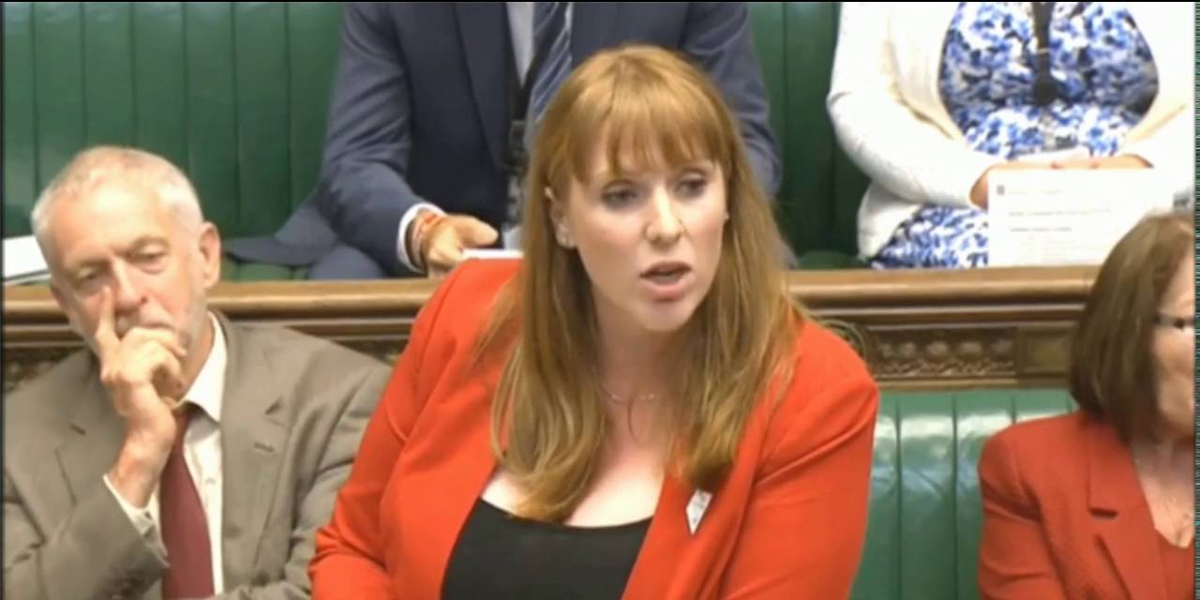For decades, trade unions have been the lifeblood of the Labour Party – its moral compass, its financial engine and its grassroots muscle.
But the events of July 2025 have shattered that legacy. The suspension of Deputy Prime Minister Angela Rayner by Unite the Union, Labour’s largest donor, is not just a political spat – it’s a seismic rupture that exposes the party’s estrangement from the very workers it claims to represent.
Rayner’s fall from union grace
Rayner’s fall from grace is emblematic. Once a Unison rep and Unite member, she now stands accused of betraying bin workers in Birmingham by backing a Labour-run council that imposed “fire and rehire” tactics and pay cuts of up to £8,000.
Unite’s General Secretary Sharon Graham didn’t mince words – Rayner “backed a rogue council that peddled lies and smeared its workers.”
The union’s Brighton conference voted overwhelmingly to suspend her membership and re-examine its relationship with Labour – a move that could strip the party of over £1 million in annual funding.
Labour membership dropped 200,000 since election
This isn’t a one-off. Labour’s membership has plummeted by over 200,000 since the last election. Youth membership has collapsed. Unite’s donations have dwindled. And now, the union is disaffilating those it deems not to be holding true to its core values.
The message is clear: Labour is no longer the party of the working class – it’s a party of political expediency, focus groups and corporate caution.
Brum bin strikes
The Birmingham bin strike is a case study in betrayal. Refuse workers walked out over brutal pay reforms. The council responded with legal threats, agency scabs, and silence. Rayner, instead of defending the workers, urged them to accept the deal and end the “misery.”
In the union’s eyes, she backed the wrong side.
In truth, tthe real misery lies on the streets of Birmingham – rotting rubbish, rat infestations and a city abandoned by its supposed champions.
Labour tanking in the polls
Polling data is damning: only 5% of Birmingham residents say they’re likely to vote Labour locally. Nearly half say they’re “very unlikely.” The party’s stronghold is crumbling.
This is more than a political crisis – it’s a reckoning. Labour can no longer rely on nostalgic ties to the union movement. The days of Ernest Bevin and Barbara Castle are gone. Today’s unions are demanding action, not platitudes. And if Labour won’t deliver, they’ll walk.
Angela Rayner’s suspension is a warning shot. The next could be a full-scale mutiny. And if Labour doesn’t rediscover its soul, it may find itself not just unfunded but unwanted.







